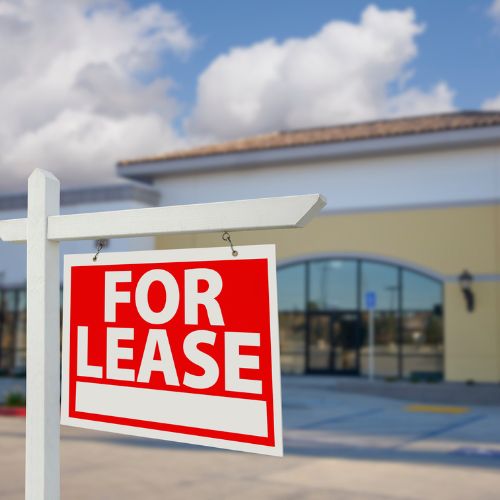You
could be forgiven for thinking that it’s all gloom and doom on the high street
and the list of retailer casualties in the last year or so is certainly long
and getting longer. Northern Ireland’s high streets, if not quite dominated by
the national chains, are at least heavily reliant on them for their vitality
and indeed viability. Each time a national name hits the headlines for the
wrong reasons – very often some form of administration or arrangement with
creditors – we look to see how many branches in Northern Ireland are
potentially affected. But there are many retailers who are adapting their
business models to meet new trends in retailing and are not only surviving but
thriving. Granted much of their business is now conducted online but most have
retained a physical presence in our towns and cities and understand that
“bricks” leads to “clicks”. Those companies that have adapted their offering
and are trading successfully are now highly sought after by landlords whether
on the high street or in traditional shopping centres because they realise the
value they bring to their investment, not just in the obvious terms of long
term rental security but also the beneficial effect they have on surrounding
tenants and businesses resulting in increased footfall and turnover which is
ultimately reflected in rental and investment values.
Shopping destinations now reflect our connected world and so modern leases now need to cater for the provision of the latest technology including Wi-Fi, centre apps and beacon technology by landlords and the sharing by occupiers and landlords of highly valuable data, such as shoppers’ movements and dwell time, for their mutual benefit. This gives rise to privacy and data protection compliance issues which take time and money to work through.
These innovations can be seen as part of a move towards a future where the traditional relationship between landlord and tenant becomes more of a partnership. In the same way that the co-working and space sharing phenomenon is changing the world of office lettings, driven by occupier demand for more flexible terms, so landlords of retail space are being more creative in their dealings with potential tenants. Perhaps the most significant change in retail letting terms in recent times and one which is likely to remain a feature for the foreseeable future, is the dramatic shortening of the length of lease terms – now often as little as three years (when tenant break rights are taken in to account). But other provisions once seen as unusual, are now becoming the norm. These includes the payment of bigger and bigger incentives by landlords, either by way of upfront payments or extended rent free periods and “upwards/downwards” rent review clauses. Turnover rent arrangements, not long ago the preserve of the out-of-town outlet villages, are beginning to appear in traditional high street and shopping centre locations. This represents a risk-sharing approach by landlords. Leases can provide for a rent based on a combination of a base rent topped up by a share of the tenant’s turnover right through to a pure turnover based rent. In some cases in GB we are even seeing rents based on the tenant’s net profits. It is not hard to imagine the complexity of some of these arrangements and the creative drafting required, in particular on the landlord’s side, to effectively capture a share of the true value being generated by the tenant not only from physical sales at the premises but also from click and collect and on line orders placed at or even just in the vicinity of the store. What should and should not be taken in to account in calculating rent will be very much up for negotiation in each case and tenants, for example, will be keen to ensure the arrangements make proper allowance for the negative aspects of multi-channel retailing such as the “serial returner”. All those in the property industry from the owners and occupiers themselves through to their agents and solicitors will need to rise to these new challenges.
Graham Pierce is a Partner in the real estate team at Worthingtons Solicitors and acts for several household-name retailers. Graham can be contacted on 02890434015 or by emailing [email protected].


